William Shakespeare’s five most feminist characters: From Cleopatra to Portia
The Bard died 403 years ago today
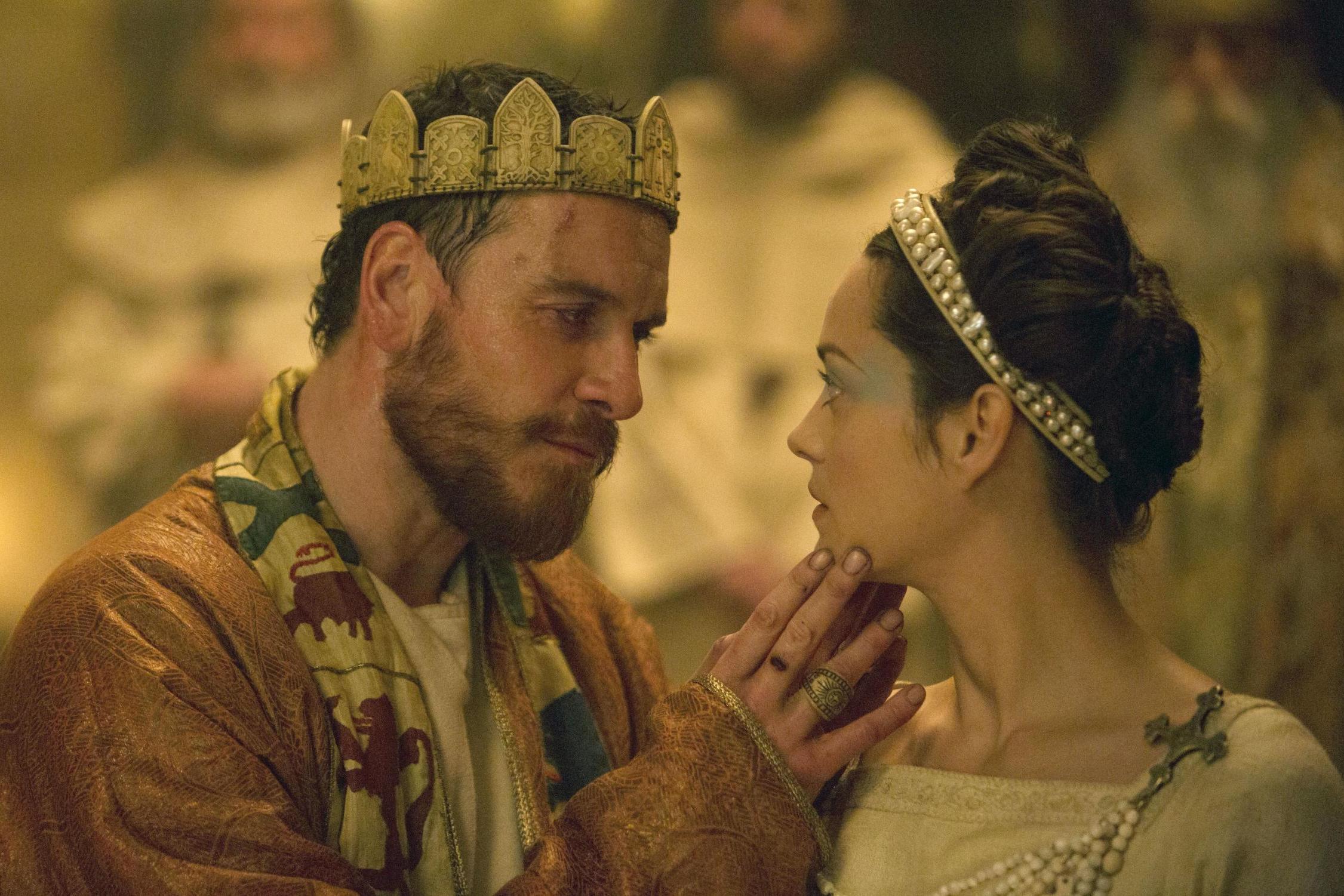
Today marks 403 years since the death of the most revered dramatist and poet in British history, William Shakespeare.
While the Bard was writing in a time considerably different from our own – women weren’t even allowed to be actors, let alone vote – a handful of his female characters stand out for subverting the patriarchal structures that sought to oppress them.
Whether it’s by disguising oneself to get a place in the courtroom or calling on the spirits to literally “unsex” you, there’s much ado with female empowerment in Shakespeare’s plays, even if the parts were played by men for several centuries.
Of course, there are notable exceptions – the damsel in distress narratives are hardly renegade feminism. But Shakespeare’s flair for incorporating social commentary into his plays led to the advent of a string of deliciously defiant female characters, whose actions would’ve been just as inspiring back then as they are now.
From Lady Macbeth to Cleopatra, read on for our roundup of Shakespeare’s most feminist characters.
Lady Macbeth, Macbeth
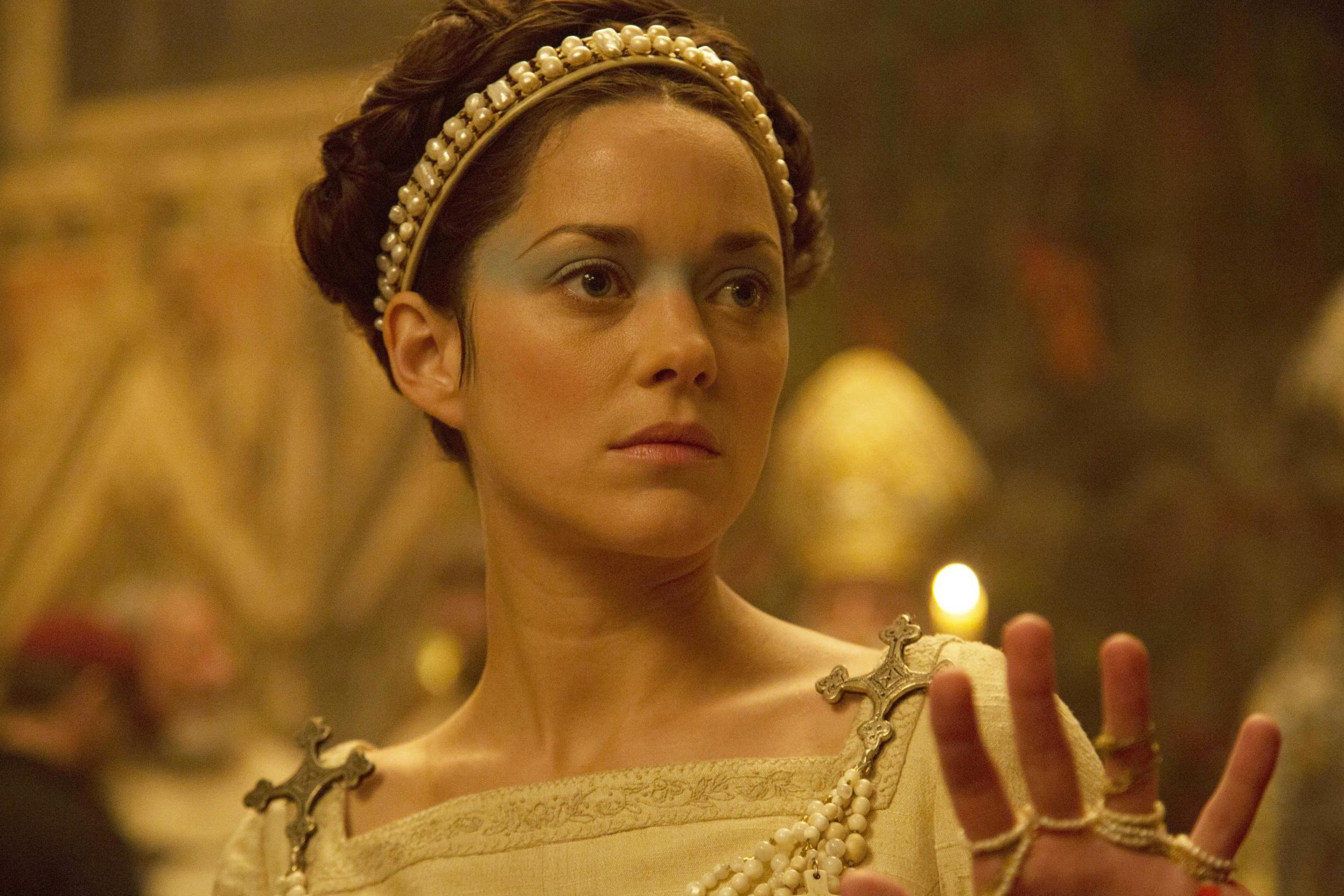
It’s the role many female actors spend their careers aspiring to play, and for good reason. Lady Macbeth is one of Shakespeare’s fiercest female characters.
Lady Macbeth and Macbeth have no children, which, is a rejection of societal expectations that she amplifies in her famous monologue in Act 1, scene 5. In the scene, the character calls on the spirits to “unsex” her, render her infertile (“Stop up the access and passage to remorse”) and strip her of the ability to breastfeed (“Come to my woman’s breasts, and take my milk for gall”). This, she says, will give her the strength to murder King Duncan herself instead of waiting for her husband to do so. Macbeth might be the one to kill Duncan, but it’s his wife who is the driving force behind the single act that defines and steers this juicy plot.
Viola, Twelfth Night
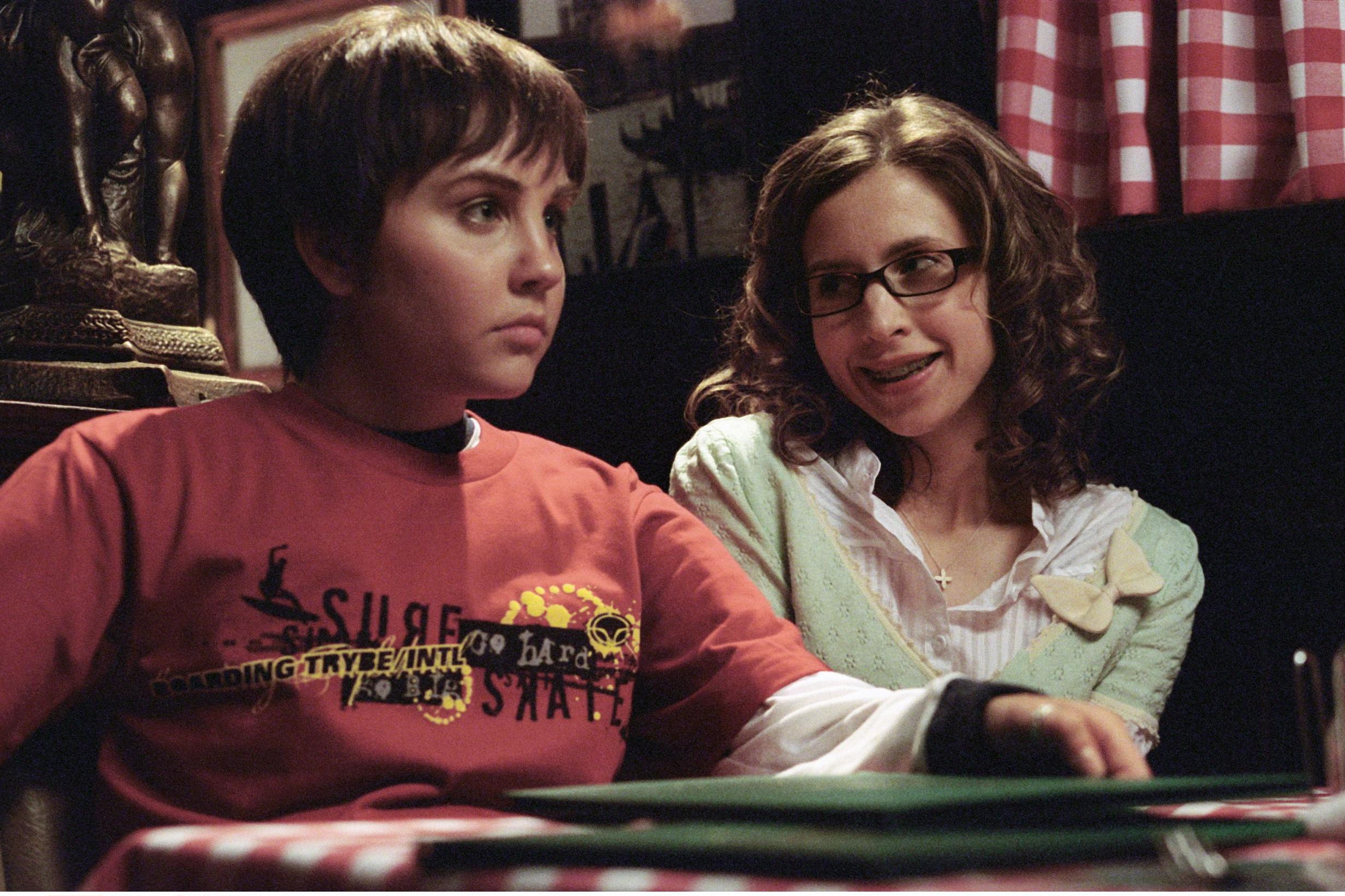
Putting kitsch cinematic re-imaginings aside (see Amanda Bynes in She’s The Man circa 2006), Shakespeare’s Twelfth Night offers a masterclass in feminist temerity. Viola finds herself shipwrecked at the beginning of the play and, refusing to succumb to a life of domestic servitude, disguises herself as a man so that she can make a living by working for Duke Orsino, the ruler of Illyria.
Viola’s resilience and authority is far outweighed by that of her twin brother, Sebastian, who spends most of the play lost on the island, making her grit all the more prevalent.
Portia, Merchant of Venice
Portia’s narrative doesn’t exactly start in the most feminist of ways – the wealthy heiress’ first scene sees her observing potential suitors take a test, as set out by her late father, to see if they are worthy of her hand in marriage. But Portia bends the rules of the test so that the winner is her preferred suitor, a man named Bassanio who is on the brink of bankruptcy and would certainly not have otherwise passed her father’s test. This is a woman who does things her own way, something that becomes crystal clear in the play’s final scenes.
Portia is the one who manages to save Bassanio’s friend Antonio, who owes the local moneylender, Shylock, a pound of his flesh as reimbursement for loans he cannot pay back. She dresses up as a male lawyer (women were not permitted into the court in the 16th century) and delivers a powerful argument that frees Antonio of his grim fate, thus bringing the play to a happy and bloodless conclusion.
Cleopatra, Anthony and Cleopatra
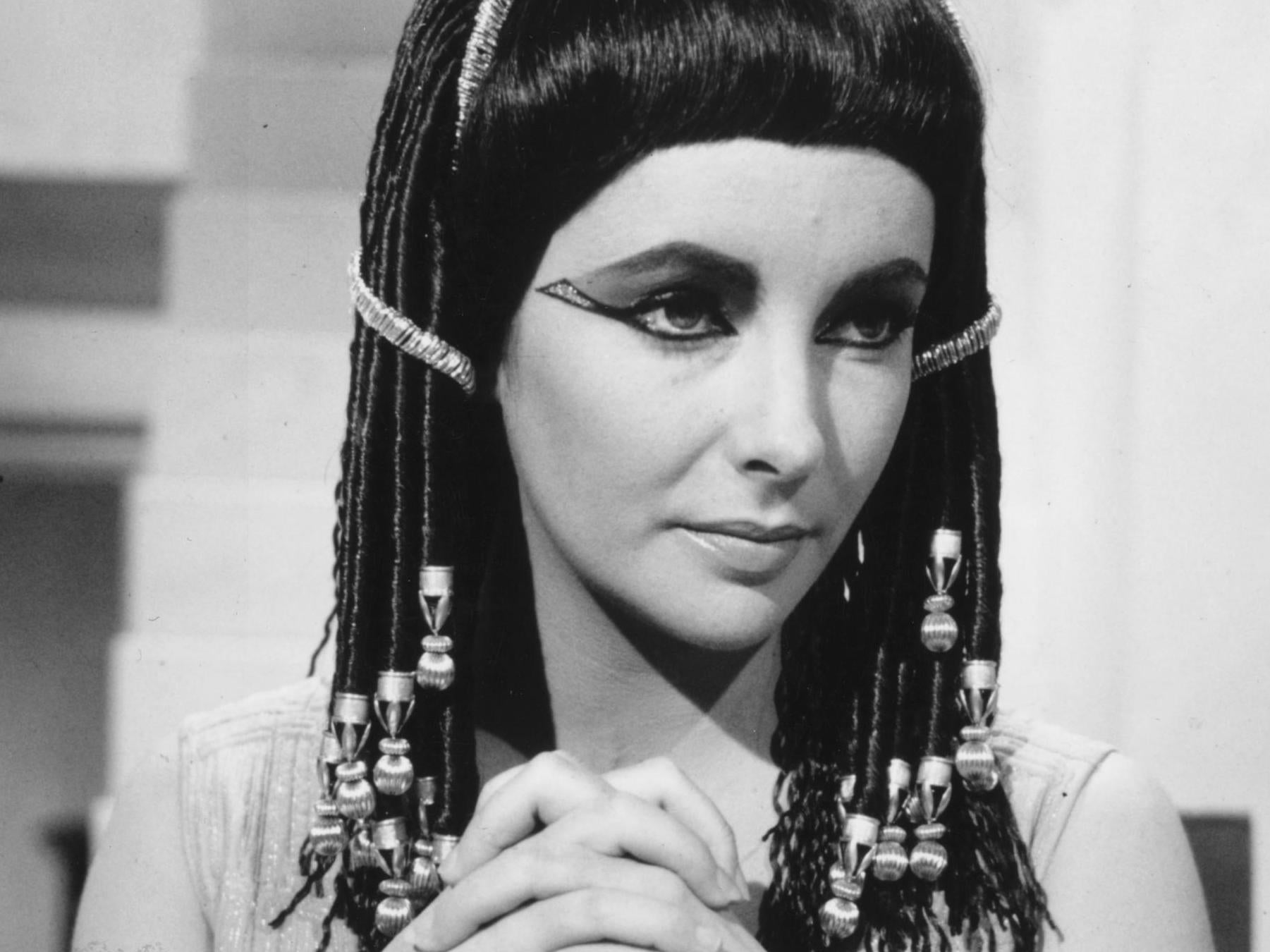
Shakespeare’s Cleopatra is another role that is keenly sought-after by female actors thanks to her complexity and fallibility. Yes, she is the Queen of Egypt, meaning this is a woman who is not only entirely financially independent (something that would’ve been incredibly rare in the Elizabethan era) but also rules a country, and this unbridled power is a key part of her characterisation.
Cleopatra toys with her love interest Anthony through a series of games, ensuring she is always in control. Rather than succumb to subservient stereotypes as is often the case in domestic partnerships, Cleopatra offers a breath of fresh air by outsmarting the men around her and using her sexuality to get what she wants in terms of social and political power.
This is something that continues right up until her death in the play’s tragic final scenes, in which Cleopatra takes her own life shortly before telling one of the ruler’s servants that she will not be imprisoned in his court. Cleopatra’s death is widely considered noble among critics.
Rosalind, As You Like It
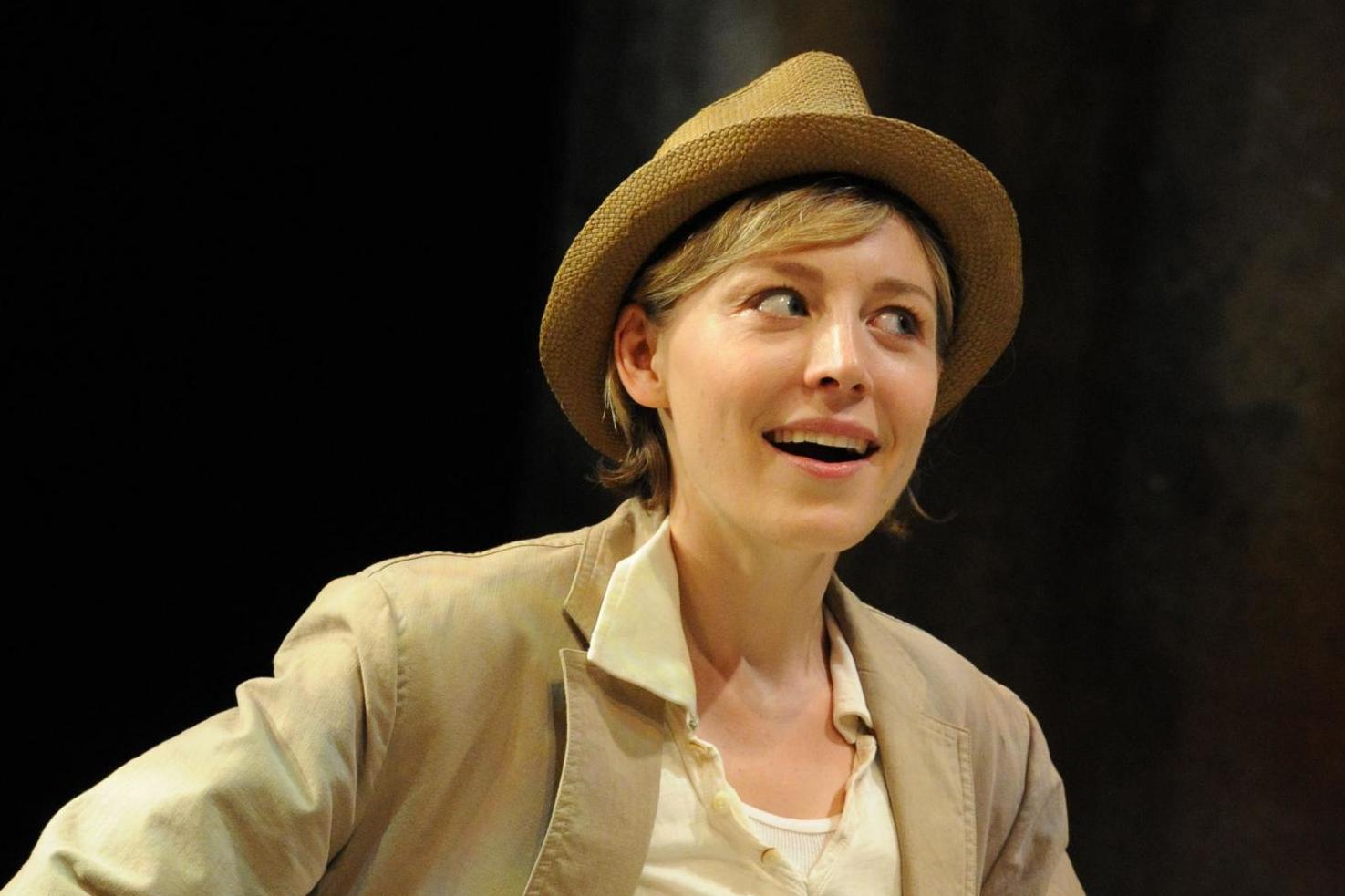
Rosalind is considered one of Shakespeare’s most strong-willed female characters. After being exiled, she disguises herself as a male shepherd named Ganymede and goes to live in the Arcadian Forest of Ardenne. While there, she uses her new identity to teach men how to behave in ways that are considerably more progressive.
This is most obvious in the way she challenges Orlando for his hackneyed thoughts on love and instead guides him on how to be a more attentive and socially-aware lover, which ultimately benefits Rosalind as he then learns how to woo her. Rosalind also delivers the epilogue at the end of the play, which was traditionally a man’s role. Bonus points for sticking a finger up to the system.
Join our commenting forum
Join thought-provoking conversations, follow other Independent readers and see their replies
Comments